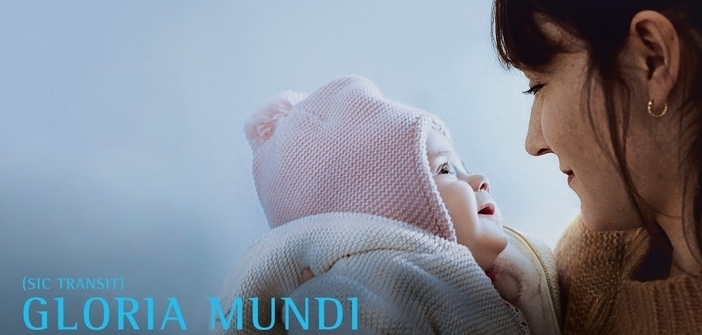Gloria Mundi, thus passes the glory of the contemporary world. Robert Guédiguian films the misadventures of a family within a society he no longer recognizes. He paints a somber portrait where fratricidal struggles, financial needs, and job insecurity provide a disenchanted vision of a world rushing to its demise.
“Gloria Mundi” is Robert Guédiguian’s 21st film
“This era is not very cheerful, it’s a time of regression,” says Robert Guédiguian. The director immerses us in the darkness of this liberal society, sometimes opportunistic, sometimes overwhelmed by events. At the birth of little Gloria, her grandfather (Gérard Meylan), just released from 25 years in prison, rushes to join the whole family in Marseille to meet the child and reconnect with others. Like the director’s ideal, he discovers a world that has changed in his absence.
Trampled values
The old are resigned. The young are losing their footing. Work no longer holds value beyond money and everyone fights for their piece of the pie. The great social conflicts are no longer worth fighting for. During a meeting on an emotionally strong strike movement, Ariane Ascaride (best actress award at the Venice Festival) refuses to join and announces the final victory of the bosses, no matter the duration of the movement. Jobs are precarious. The desperation of financial need leads to aggression, both physical and psychological.
The “Macron” generation links professional success to a good life and crushes those who are unable to rise socially.
This madness extends beyond the world of work, into the most intimate spheres: the family. This is the critical point of Robert Guédiguian’s cinema. It is a sacred theme for the director, whose nearly entire filmography is composed of the same core group of actors (Ascaride, Darroussin, Meylan) and technical team. His observation is that family today is nothing sacred for the younger generation. A request for financial help sounds like an insult from the “losers” to the “winners.”
The couple formed by Grégoire Leprince-Ringuet and Lola Naymark films their lovemaking, and the husband shows the video to his mistress, Mathilda, his wife’s sister, who is cordially hated by her. The older generation still values it but lacks the tools, and even less the strength, to fight against the growing scourge.
Only Gérard Meylan remains, a breath of fresh air in this film. His character is not corrupted by this changing society. His simplicity and kindness present an anchor point for the other protagonists. But this world is not made for a man like him.
Modern tragedy
The despair and anger of the poor in the face of financial difficulties lead them to act recklessly. The characters commit adultery to secure a job or resort to violence to regain it. They sink deeper into their flaws, certain of finding light at the end of the tunnel. Announced at the beginning of the film with Verdi’s “Requiem” to celebrate the newborn’s birth, a tragic fate awaits this family.
The development of the story brings each character closer to the inevitable. To the point of no return of contemporary madness. Where Robert Guédiguian, with patience and precision, draws the characters into an emotional whirlwind from which no one will emerge unscathed. The moral message of the film is antiliberal. The good are alienated or consumed by this system. The unleashing of their passions results in death and sacrifice. Tragic.
Paul Guianvarc’h


